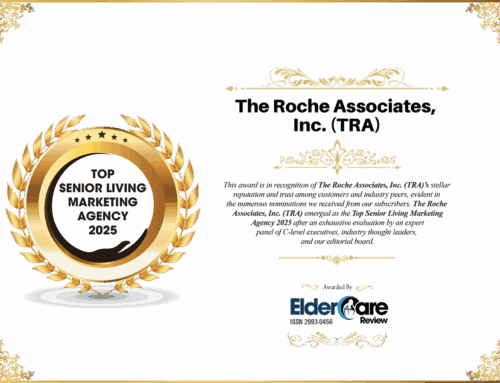Marketing is a vital process for entrepreneurs, because no venture can become established and grow without a customer market. The process of acquiring and retaining customers is at the core of marketing. Entrepreneurs must create the offer (design the product and set the price), take the offer to the market (through distribution), and, at the same time, tell the market about the offer (communications). These activities define the famous Four Ps of marketing: Product, Price, Place (distribution), and Promotion (communication).
An important part of gaining the market’s acceptance is building brand awareness, which, depending on the stage of the venture, may be weak or even nonexistent. Entrepreneurs must differentiate their company’s product or service so its distinctiveness and value are clear to the customer. This is the job of marketing.
Digital Marketing
Digital marketing is the opposite of traditional marketing, leveraging technology that does not exist traditionally to reach audiences in new ways. It is a form of marketing that uses any digital channel or platform to create and exchange value with a target audience. Digital marketing includes managing different forms of online company presence and presences such as Company websites, Mobile apps and Social media company pages. This is in conjunction with online communications techniques which include Search Engine Marketing, Social Media Marketing, Online Advertising, E-Mail Marketing and Partnership Arrangements with other Websites. Businesses leverage on these digital channels, to connect with current and prospective customers.
5 Ds of Digital Transformation
Digital marketing revolves around these 5Ds: Digital Devices, Digital Platforms, Digital Media, Digital Data, And Digital Technology. The 5Ds facilitate efficient interaction between the brand and its target audience, as well as provide insights into market behavior for better business strategy formulation and implementation.
- DIGITAL DEVICES – Devices including smartphones, tablets, desktop computers, TVs and gaming devices.
- DIGITAL PLATFORMS – most interactions on these devices are through a browser or apps from the major platforms or services, that’s Facebook (and Instagram), Google (and YouTube), Twitter and LinkedIn.
- DIGITAL MEDIA – Different paid, owned and earned communications channels for reaching and engaging audiences including advertising, email and messaging, search engines and social networks
- DIGITAL DATA – The insight businesses collect about their audience profiles and their interactions with businesses,
- DIGITAL TECHNOLOGY – The marketing technology that businesses use to create interactive experiences from websites and mobile apps to in-store kiosks and email campaigns.





